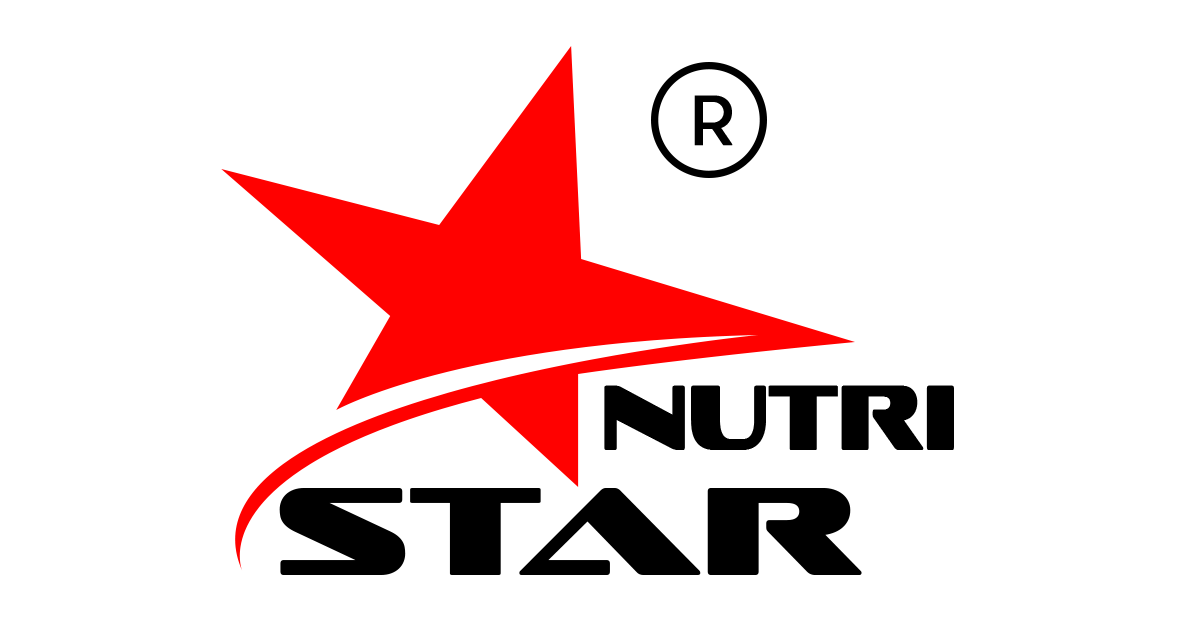FAQ
1. Why do Brass and Copper products change colour?
Copper and Brassware the most commonly used metals on the planet, and they are arguably the most famous for not rusting. Both Copper and Brass are types of oxides. The green layer on these metals (called patina) is because of a chemical reaction called Oxidization or Tarnishing. Brass has a negligible amount of iron in it, and it forms a blue-green patina on its surface when exposed to oxygen over time. Copper is naturally brown and turns a shade of bright green as it corrodes over a period of time. When Copper reacts with oxygen, it oxidizes and generates a greenish-blue layer that protects the metal from further corrosion. The range of colours in Brass is due to the varying amounts of Zinc alloyed to the Copper.
The green colour of Copper is a result of the Copper Platina effect- the metal coming into contact with water, oxygen, and carbon-dioxide over time. Brass behaves a lot like Copper when exposed to air and water, it'll take on a blue-green colour.
2. How to use a Copper water bottle?Our elders have advised us to drink water from the Copper vessels for ages to reap health benefits. Copper is an essential trace mineral that offers health benefits. It helps make red blood cells and collagen and plays a vital role in producing energy. The Copper bottle has an inhibitory effect on the bacteria and purifies the water. Copper takes a minimum of 8 hours to leach sufficient Copper into the water. So the best way is to fill a copper water bottle at night and take this water in the morning empty stomach. When water gets stored for up to 8 hours in a copper bottle, it undergoes an oligodynamic effect, gaining the ability to kill several infection-causing microbes.
Copper gets oxidized when exposed to air leaving behind a tarnished colour. It can be easily removed by rubbing some lemon juice mixed with Salt and rinsing it with plain water. Copper bottles are easy-to-maintain and carry, but the daily intake should not exceed the upper limit of 10mg per day.
3. What are the benefits of cooking in Brass vessels?Brass is considered an ideal alloy to cook and eat in. When the flavours are added to the food, the metal adds nutrition. Compared to the other metals, Brass is more durable and has higher corrosion resistance. It is also cheap and easy to handle. Food cooked in Brass vessels eliminate headaches, fights migraines and help in the strengthening of mental abilities. Reduction of sciatica, neuritis, arthritis, sore joints, damaged tendons, bruises, and abrasions are some of Brass's healing properties. Brass Kadais are being used for ages as it is proven that cooking in Brass cookware will retain 93% of all the nutrients available in the food.
Brass enhances component and cooking food in Brass utensils is beneficial for health. Upon contact with the flow of waves in Brass, the nutrient juice containing voids in the food become active to release the nutrients. The deficiency of Copper and Zinc causes specific illnesses, which can be prevented when we use Brass utensils either in cooking or for serving the food. Brass utensils should be cleaned immediately after cooking food regularly to prevent them from developing toxic coatings.
4. How should we clean our Brass/Copper vessels and Biriyani Handis?Copper-enriched water helps balance all three doshas (Kapha, Vata and Pitta).Buying these vessels is one thing, but maintaining their shine over daily usage is quite another. Copper and Brass utensils stain and darken over time, and keeping them looking like new isn't easy. Lemon And Salt are two ingredients that are readily available in any kitchen, and together they are the most dependable solution to Clean Copper and Brass utensils. Mixing vinegar with Salt and applying it to the affected area of the vessel also helps. Baking soda is always a good bet for cleaning Copper and Brass vessels. We can either combine baking soda with lemon or use the baking soda alone to clean the vessels. This method will prove to be one of the most efficient ones in cleaning the stains.
The Acetic acid in the vinegar and the Sodium in the baking soda work together to dissolve the tarnish of Brass and Copper vessels. And the baking soda provides just the right amount of grit to scrub all that tarnish away without scratching the surface of the vessel.
5. Why are some Brass and Copper products delivered with dents and scratches?Copper and Brass, unlike steel and other such materials, fall into the category of soft metals and are malleable. A firm squeeze by our hands can also put dents in the product since they are handmade and prone to scratches. To deal with the dents, we have to simply push it out with the heel of our hand or tap the area with a rubber mallet. To ensure the long-lasting tenure of the product, we should clean it timely for incredible shine and lustre. If the vessels are not lacquered, we can clean them well with a polish formulated for use on Brass and Copper. As with any precious metal, we should use only soft cotton or cotton felt cloth or buffing pads to avoid further scratching for rubbing.
Electric rotary tools and mini-sanders can buff out scratches or dents, but we should be cautious about holding them lightly on the surface to avoid further damage. Copper and Brass are pretty fragile and may have some imperfections. Rub your hand along the surface—if it's completely smooth, your bottle might not be pure metal. If the bottle is new, it will not have any dents or imperfections.
6. How much copper water should you drink a day?
You can consume water from a copper vessel whenever you want to however the water stored in a copper vessel is known as 'tamara jal' and it is recommended to store water in a copper jar or vessel overnight and drink at least one glass/cup first thing in the morning for maximum benefits. Water needs to be in a copper vessel for at least 16 hours before consumption.
7. What does water stored in a copper vessel taste like?
It tastes great- fresh, clean and pure, though some people expect the water to taste metallic, water stored in a copper bottle will absorb the necessary quantity of copper, but it doesn’t absorb that much amount of copper to drastically change the taste of water although you may detect a small hint of taste of copper if your tongue touches the tip of the bottle while you drink from it.
8. Can the copper bottles be refrigerated or used for storing hot boiling water?
Copper being a soft, malleable and tensile material; the bottles should not be put into the freezer, though they can be refrigerated but not for longer time periods, say overnight.
In terms of storing boiling water into the bottle, we suggest that it is better if you store lukewarm water in the bottles.
















